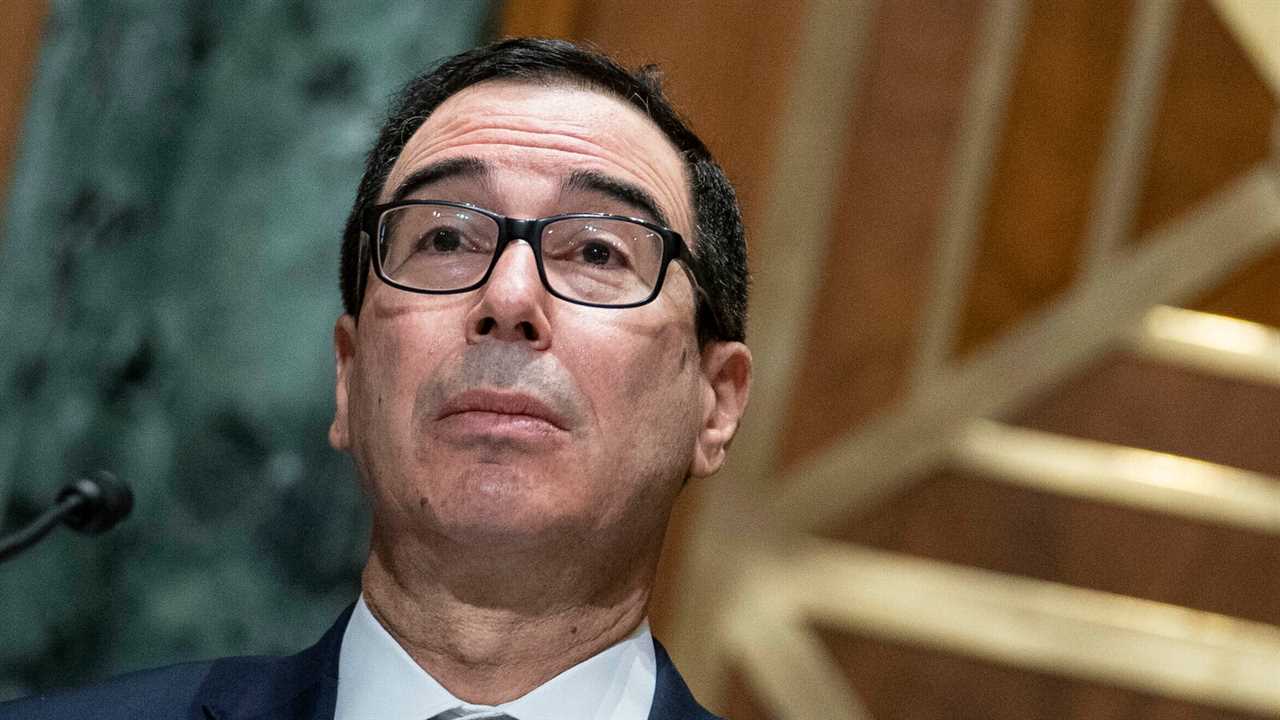
WASHINGTON — The Trump administration on Wednesday labeled Vietnam and Switzerland as currency manipulators, accusing them for the first time of improperly intervening in foreign exchange markets and setting off a new economic confrontation with two trading partners.
It was the first time that the Treasury Department has applied that label to either country and will require Vietnam and Switzerland to enter into negotiations with the United States and the International Monetary Fund to address the situation.
This is the third time that the Trump administration has taken the fairly unusual step of labeling a country as a currency manipulator. It applied the label to China in 2019 — the first time since 1994 — while the two countries were negotiating a trade deal. The administration later dropped the official designation but the Chinese yuan has remained on Treasury’s list of currencies it is monitoring.
The report came as the coronavirus pandemic roiled the global economy this year and spurred volatility in foreign exchange markets. The report covers activity from July 2019 to June 2020, which include several months before the pandemic set in.
“The Treasury Department has taken a strong step today to safeguard economic growth and opportunity for American workers and businesses,” Treasury Secretary Steven Mnuchin said in a statement. “Treasury will follow up on its findings with respect to Vietnam and Switzerland to work toward eliminating practices that create unfair advantages for foreign competitors.”
The decision to label Vietnam a currency manipulator is the latest move by the Trump administration to take aim at that country over its trade practices. In October, the administration opened an investigation into Vietnam’s trade practices, saying it would begin looking into whether Vietnam has undervalued its currency — the dong — which made its products unfairly cheap abroad, and at its importation and use of timber, which the administration said was illegally harvested and traded. Vietnam is America’s 13th largest trading partner, according to the United States Trade Representative.
Last month, the United States also levied some tariffs against Vietnamese tires, citing its undervalued currency, the first time the Commerce Department had considered the value of a foreign currency in that type of trade case.
According to the report, Vietnam ”conducted large-scale and protracted intervention, much more than in previous periods, to prevent appreciation of the dong" amid a growing bilateral trade surplus with the United States. Switzerland, which is America’s 16th largest trading partner, “conducted large-scale one-sided intervention, significantly larger than in previous periods, to resist appreciation of the franc and reduce risks of deflation.”
Currency manipulation labels are supposed to set off talks with the United States and can involve input from the International Monetary Fund. If the Treasury Department’s concerns are not resolved, the United States could impose an array of penalties including tariffs.
The currency report is the final one by the Trump administration and it will be up to the next Treasury secretary to determine whether to keep or remove those labels. A senior Treasury official said that Janet L. Yellen, who has been nominated as Treasury secretary by President-elect Joseph R. Biden, Jr., had not yet been briefed on designations and that they are the decisions of the Trump administration.
The Biden administration has not clarified whether it would continue the Trump administration’s pressure campaign on Vietnam. But many labor unions and progressive Democrats have supported adopting tougher trade measures on countries that artificially weaken their currency, saying they undercut America’s ability to manufacture and export by making U.S. goods comparatively more expensive.
Did you miss our previous article...
https://trendinginthenews.com/usa-politics/pandemic-leaves-more-military-families-seeking-food-assistance






